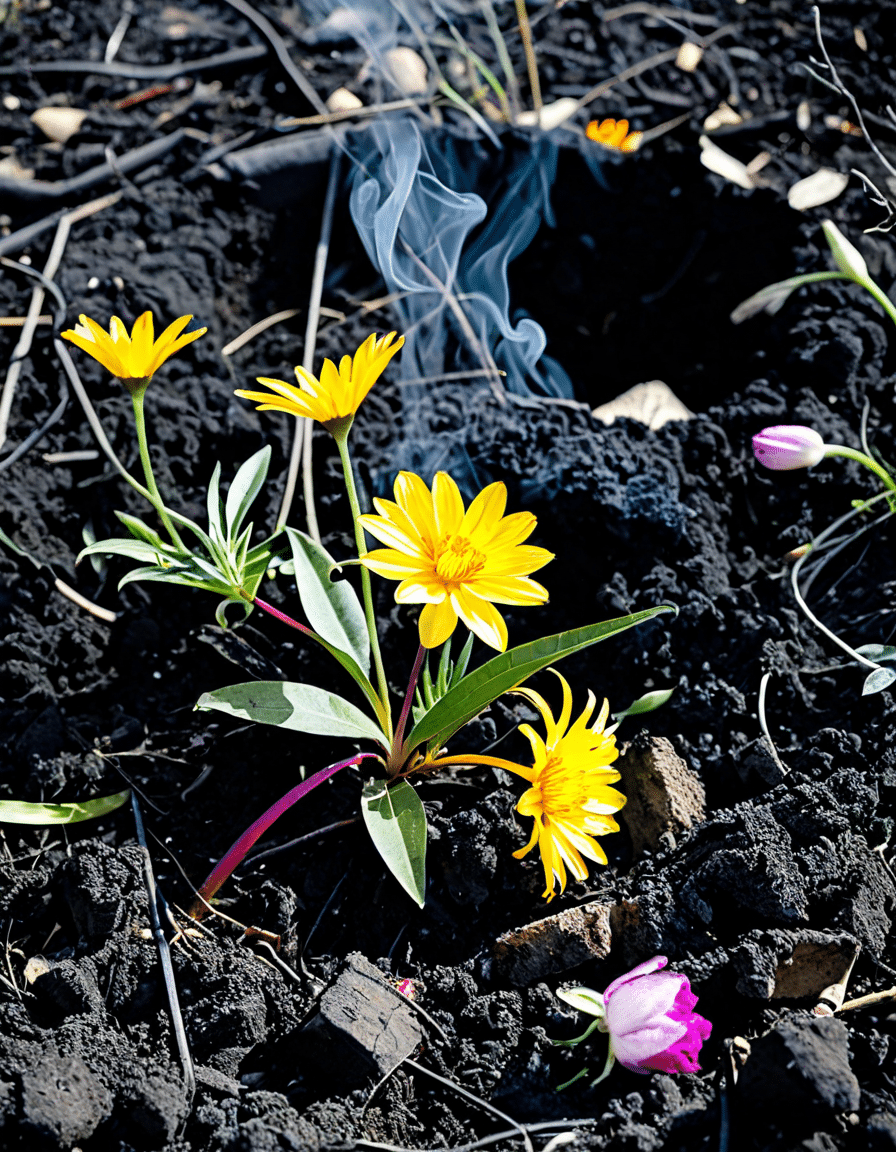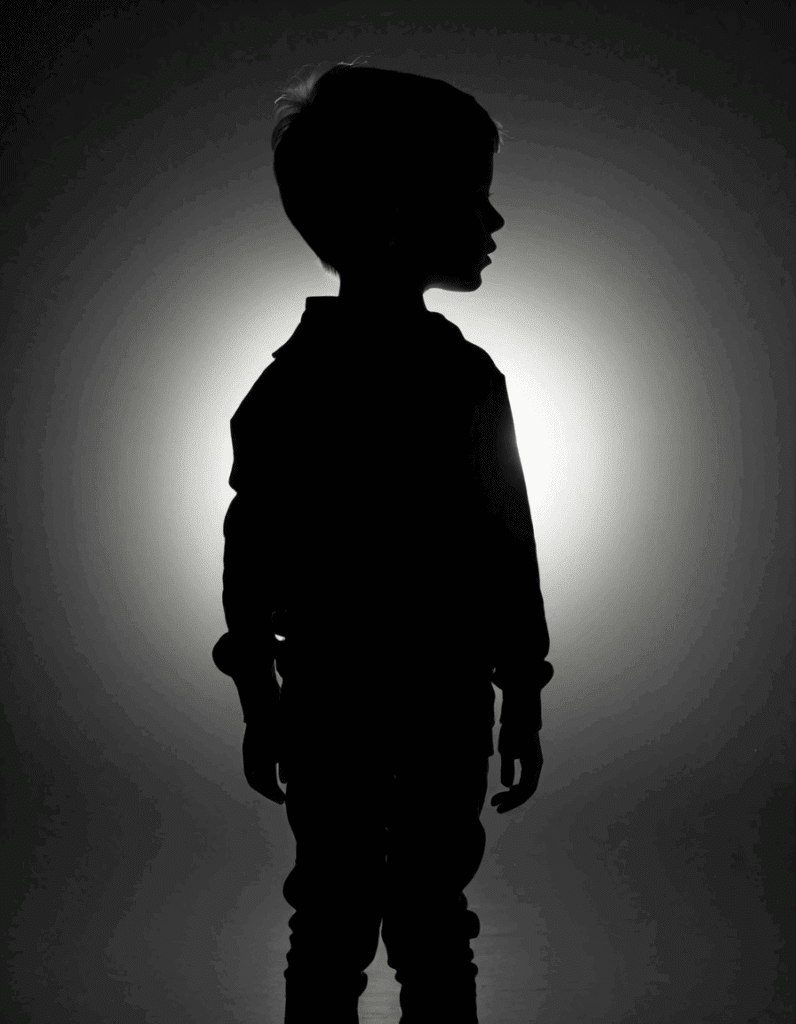Understanding “OD” is crucial when we talk about the harsh realities of addiction. OD, short for overdose, is more than just a medical term; it speaks to despair, loss, and our urgent need for awareness and action amid a growing crisis. As we delve into what overdose means, let’s remember the human stories behind the statistics and strive to bridge understanding and compassion.

The Heart of the Matter: Unpacking ‘What Does OD Mean?’
Definition and Medical Implications of Overdose
An overdose happens when a person consumes substances—illegal drugs like heroin or prescription medications like opioids—in amounts that exceed what their body can handle. This can lead to severe health issues or even death. Just to give You a sense of the magnitude, in 2022, over 100,000 lives were lost to overdoses in the U.S., according to the National Institute on Drug Abuse. It’s heart-wrenching and represents a troubling trend in our society.
When we say overdose, we’re not talking about just a number. Every statistic represents a family shattered by loss. The medical implications, while critical to understand, only scratch the surface of what families endure when faced with the aftermath. Knowing what causes an overdose and what it does to the body hopefully empowers families to be proactive in preventing these devastating events.
The Emotional Weight of an Overdose
For families left behind, the aftermath of an overdose is incredibly profound. Parents may struggle with feelings of guilt, shame, and confusion. Take the heartfelt story of Karen and Mike, who lost their son to an opioid overdose. They’ve bravely shared their journey, emphasizing that navigating life after such a loss isn’t just about grieving—it’s a daily battle against societal stigma. They, like many, face whispers and sideways glances that compound their pain.
It’s important to understand that feeling lost or angry isn’t a sign of weakness. This emotional rollercoaster is a common reaction. Parents often find solace in support groups like Mothers Against Addiction, where stories echoed resonate deeply. A supportive community can offer hugs, tears, and much-needed understanding.
Warning Signs and Preventative Measures
Spotting the warning signs of an overdose can be lifesaving. Families should educate themselves on symptoms such as slowed breathing, unresponsiveness, or a bluish tint to the skin. It might sound simple, but knowing how to identify these signs can make the difference between life and death for someone struggling with addiction.
One of the game-changing resources in this fight is Naloxone, commonly known as Narcan. This medication can reverse an opioid overdose and has saved countless lives across the country. Many communities now host free naloxone distribution programs and training sessions. Empowering parents and friends with this knowledge is truly vital in creating a safety net around loved ones struggling with substance use.

The Broader Context: Understanding Addiction Beyond the Vocabulary
Treatment Perspectives and Resources
For families, navigating the treatment landscape can feel overwhelming. Just knowing where to turn for help is half the battle, and that’s where programs like SMART Recovery or Al-Anon shine. These groups provide emotional support and practical advice tailored for those affected by addiction. There’s genuine comfort in connecting with others who understand your situation.
In many cases, effective care means seeking out professionals who not only address the addiction but the underlying issues too. Nobody should feel alone in this journey, and finding a safe space can begin the healing process for everyone involved. Remember, it’s okay to ask for help.
Cultural and Societal Influences on Addiction
Cultural perceptions significantly impact how addiction is viewed and treated. Remember the “Just Say No” campaign? It was an effort born out of the idea of avoidance but lacked pathways to genuine recovery or understanding about addiction’s roots. Today, public figures like Matthew Perry are stepping forward, openly discussing their struggles and offering hope. Their stories foster a more informed and compassionate dialogue about addiction.
As these narratives evolve, our understanding of addiction needs to change, too. Instead of just vilifying individuals battling addiction, we should cultivate an environment that emphasizes healing and recovery. This helps combat the stigma surrounding it and encourages those in need to seek help rather than hide in shame.
The Interplay of Social Media and Communication
Today, social media plays a significant role in shaping public perception around addiction. Understanding terms like “SMH” (shaking my head)—often used in discussions about dismay—shows how language reflects societal attitudes. For many, platforms such as Facebook or Instagram provide spaces for sharing experiences and building community. It’s uplifting to see individuals banding together, sharing stories, and finding strength in solidarity.
Groups like “The Addict’s Mom” shine in the digital space, fostering hope and connection for families affected by addiction. Narratives shared on these platforms can be the difference that inspires someone seeking help. Using social media wisely can lead to impactful conversations and empower parents with the knowledge they crave.
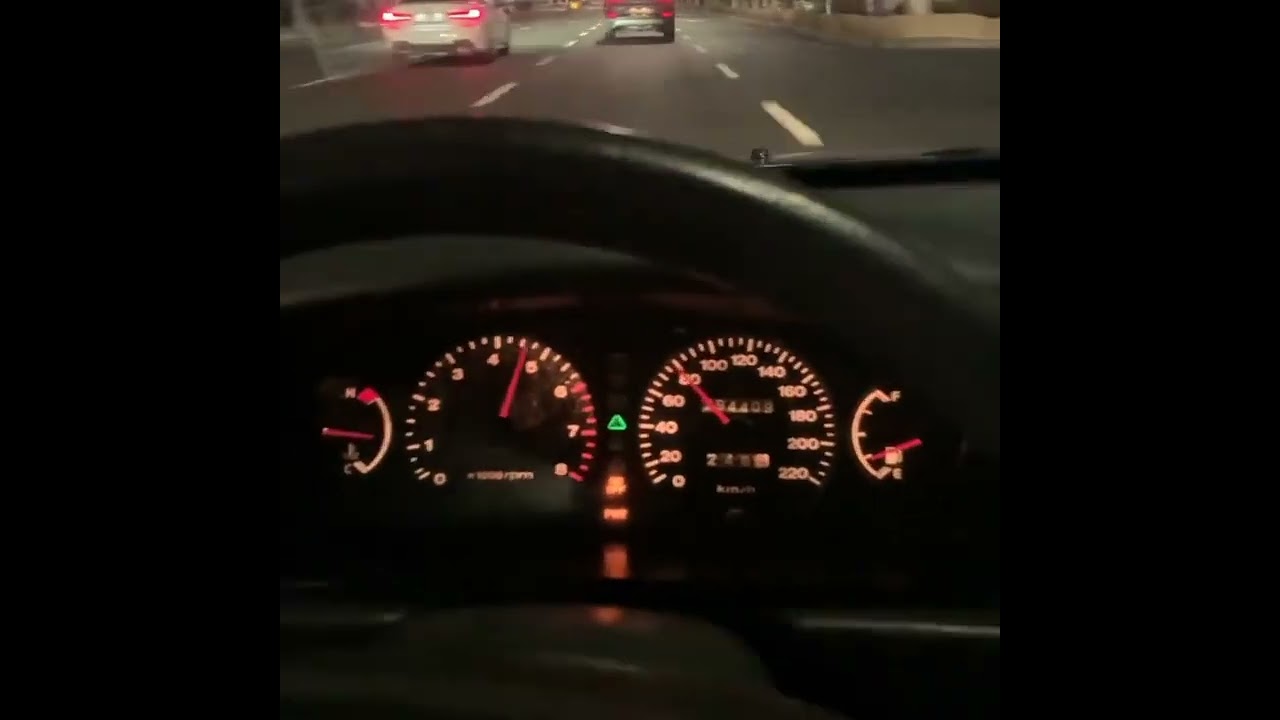
The Role of Awareness and Activism
Advocacy Initiatives and Efforts
Organizations like Mothers Against Addiction (MAA) tirelessly work to raise awareness and provide essential resources for parents facing addiction challenges. They serve as a beacon of hope for families lost in the fog of despair. Take Annie, for instance—she lost her daughter to an overdose but transformed her grief into advocacy, pushing for school-based prevention programs. Her story demonstrates the absolute power of turning pain into passion.
By sharing stories, MAA not only brings visibility to heart-wrenching experiences but also equips families with tools to combat addiction. Awareness initiatives help demystify the stigma surrounding addiction and educate others, which can lead to policy change and community support.
Community Engagement and Education
Local communities are stepping up, organizing workshops and sessions to educate parents about addiction and its risk factors. These events focus on reducing stigma and promoting preventative measures. By fostering open dialogue, we can demystify what addiction is and how to approach it. When communities come together to share knowledge, they arm families with the understanding necessary to confront this crisis head-on.
Imagine attending a community event where experts share stories, strategies, and resources. Attending these sessions can instill the confidence parents need to address their child’s potential struggles with compassion rather than fear. Together, we can create a culture of understanding.
Innovative Approaches to Recovery
Remember how art and wilderness therapy have gained traction in recovery efforts? Programs focusing on creative expression offer an alternative path to healing. Engaging with nature or exploring artistic endeavors can provide comfort and community for those affected by addiction. This approach hinges on the belief that connection—whether with peers or through creative outlets—can be transformational.
Investing in holistic options, like these, not only aids recovery but fosters friendships that can last a lifetime. These innovative methods demonstrate that there are many avenues to explore when seeking recovery, extending beyond traditional paths.
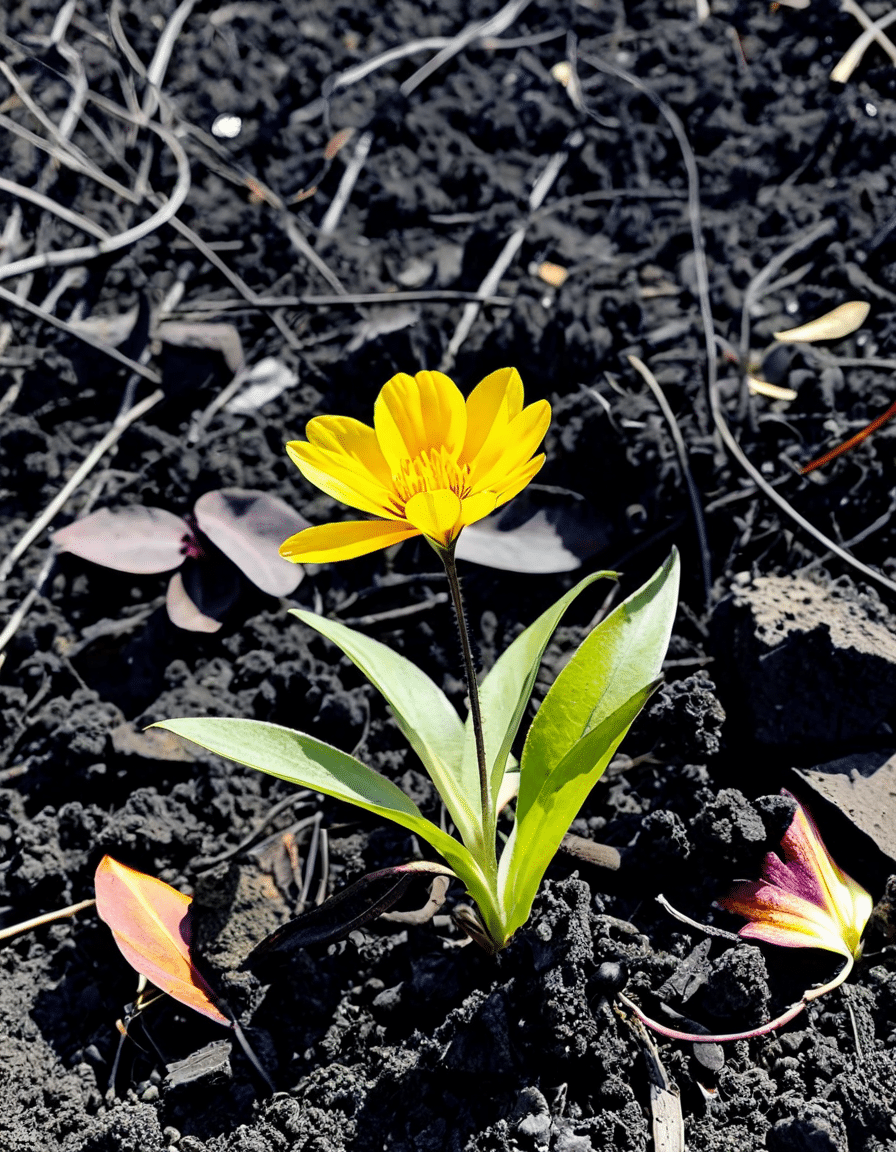
Moving Forward: A Call to Action
To tackle the realities of addiction and the haunting consequences of overdose, we must adopt a proactive, compassionate, and informed approach. Empathy coupled with education can save lives and prevent further tragedies. By internalizing what “OD” truly means, families can advocate for change and seek proper support for their loved ones.
At Mothers Against Addiction, we invite you to be a part of this journey. Together, we can create a society that prioritizes health, understanding, and recovery, transcending stigma and shame. Let’s break down barriers and invite compassion into this dialogue.
So, let’s join hands and have an open discussion. If you’re navigating this storm, know you’re not alone. As we engage in this conversation, become an advocate for those we love, and together we can transform the narrative surrounding addiction. After all, it starts with understanding.
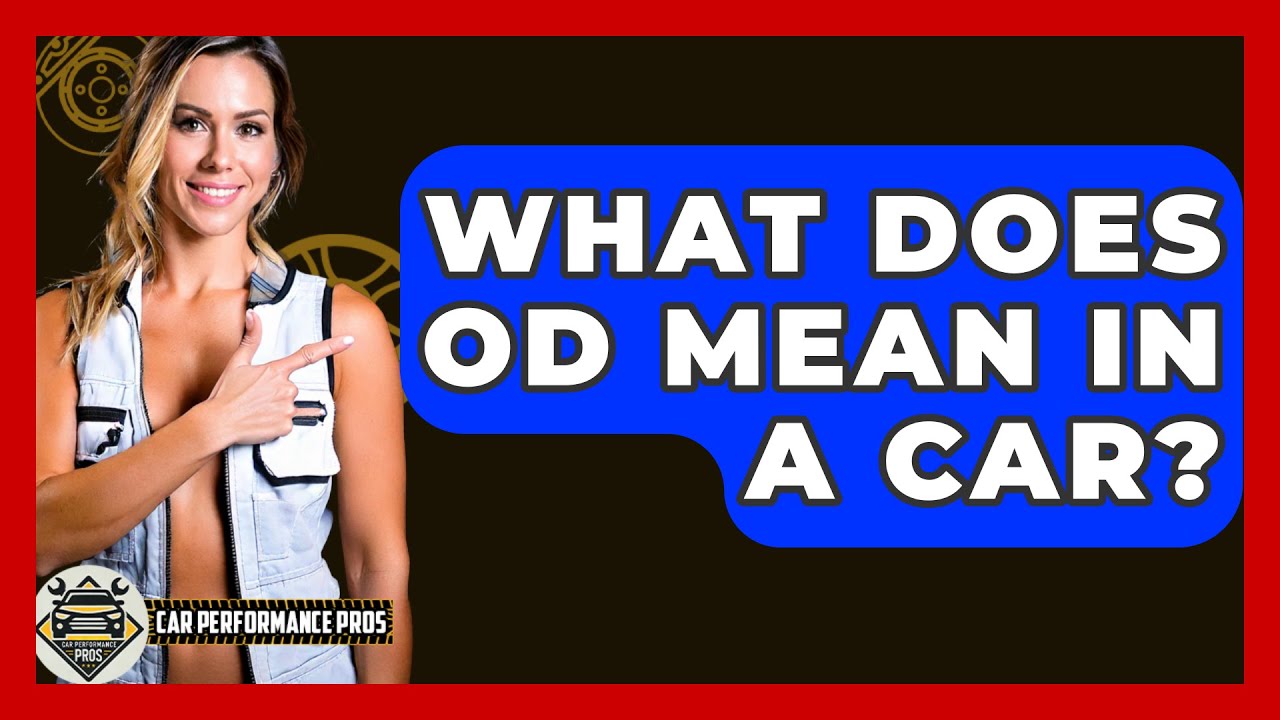
What Does Od Mean in Addiction’s Heartbreaking Context
Understanding the term “OD,” or overdose, is crucial in the fight against addiction. It refers to consuming a toxic amount of drugs or alcohol that can lead to severe health consequences, including death. Overdoses can happen to anyone—those battling addiction and even unsuspecting individuals trying substances for the first time. Tragically, many families find themselves grappling with the repercussions of OD incidents, underlying the importance of awareness and education. Did You know that about 70% of overdose cases involve opioid drugs? This statistic highlights the urgency of addressing addiction and promoting prevention strategies like those offered by Mothers Against.
Speaking of unique stories, it’s worth mentioning that both literature and real life can intertwine deeply with these themes. For instance, if you’ve read the book Never Never by Colleen Hoover, you might find poignant reflections on love, loss, and decision-making—perhaps resonating with some families dealing with the added weight of addiction. While fiction may offer some respite, the realities of addiction can often feel overwhelming, pushing individuals and families towards resources that can provide real support.
As we delve deeper into the conversation about what “OD” means, we can’t overlook the importance of protective measures and knowledge, including understanding what HIPAA is—a crucial piece of legislation that safeguards patient privacy. Knowing What Does Hipaa stand For can empower families seeking help while caring for their loved ones struggling with addiction. There’s an essential connection between awareness and action when addressing the tragedies that drug abuse can unleash. Additionally, navigating emotions can be tough, much like choosing the right Zapatos Suela Roja—it’s( all about finding the right fit for your journey.
Finally, keep in mind, humor can sometimes serve as a balm during tough times. Funny Thanksgiving Memes, for instance) can offer a momentary escape, helping families bond over laughter amidst challenges. Awareness, compassion, and understanding are key ingredients when unraveling the significance of “OD” and its impact. Be it through heart-wrenching stories or the engaging world of relatable memes, the conversation about addiction is multifaceted and needs to be approached with care and knowledge.
